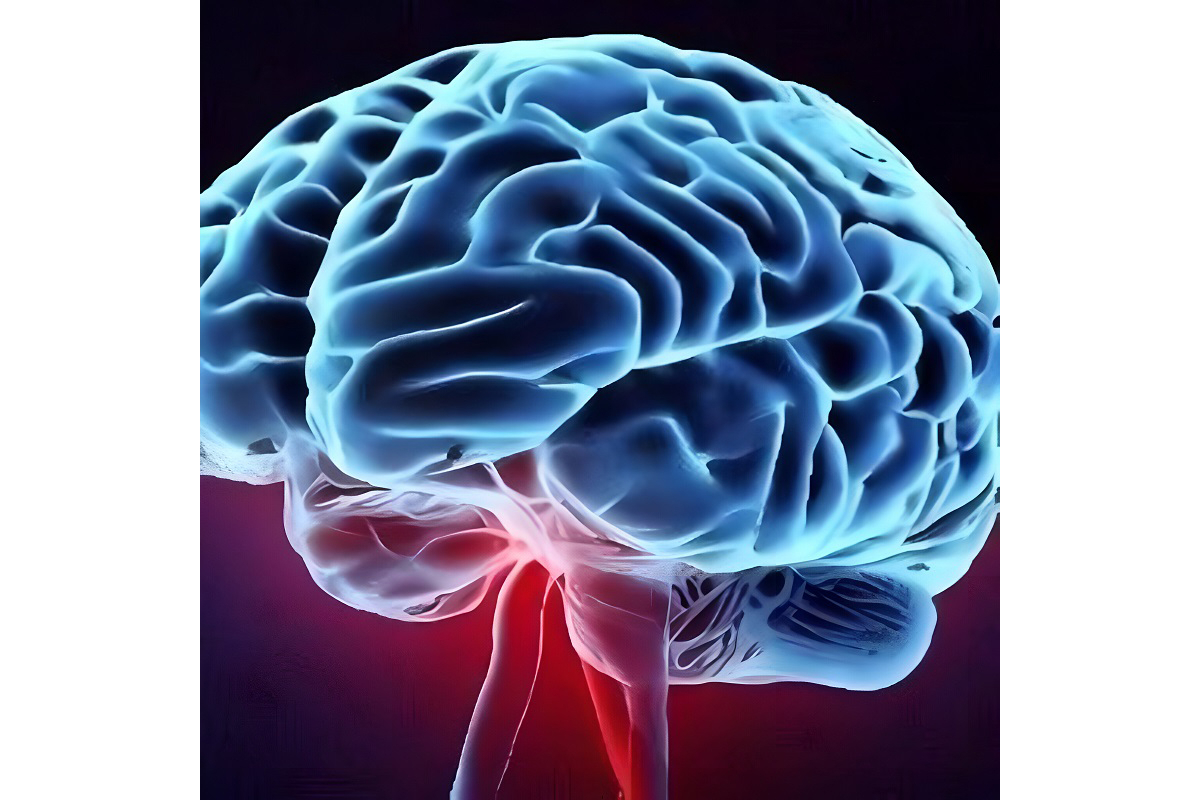St Petersburg University researchers link specific aspects of bipolar disorder to cognitive impairment
A St Petersburg University neurophysiologist, together with colleagues from Brazil, Sweden and the UK, has conducted a comprehensive study of the relationship between cognitive decline and the course of therapy for bipolar disorder.

Bipolar disorder (also called bipolar affective or manic-depressive disorder) is a mental illness that is characterised by episodic extreme mood swings and alternating between two states — mania or depression. In bipolar disorder patients, mood swings have cyclic wave patterns and can last for weeks or even months. The nature of bipolar disorder is still unknown to science. Nonetheless, it has been intensively studied by researchers across the globe and several theories on the origin of bipolar disorder have been proposed.
The research findings are published in the Journal of Psychiatric Research.
Of particular interest in the study of bipolar disorder is its effect on a patient’s cognitive functioning. There are many research papers that focus on this issue, but not all of them take into account some clinical variables that can have a significant impact on the validity of the conclusions reached. These variables include, for example, the patient’s mood state at the time of the study (depressive or manic); the duration of the disease; specifics of the patient’s medication; and other factors.
An international team of researchers, including Irina Shoshina, Professor at the Institute for Cognitive Studies at St Petersburg University, have conducted a large-scale study taking these clinical variables into account. The researchers have studied the relationship between cortical thinning and cognitive, biological and clinical processes in bipolar disorder patients at the manic state. Participants in the study — both sick and healthy individuals — completed tests to assess: memory; attention; information-processing speed; inhibitory control; visual-spatial working memory; and cognitive flexibility.
In addition, the researchers used high-resolution magnetic resonance imaging to obtain structural images of the brains of the study subjects.
St Petersburg University, the oldest university in Russia, was founded on 28 January (8 February) 1724. This is the day when Peter the Great issued a decree establishing the University and the Russian Academy of Sciences. Today, St Petersburg University is an internationally recognised centre for education, research and culture. In 2024, St Petersburg University will celebrate its 300th anniversary.
The plan of events during the celebration of the anniversary of the University was approved at the meeting of the Organising Committee for the celebration of St Petersburg University’s 300th anniversary. The meeting was chaired by Dmitry Chernyshenko, Deputy Prime Minister of the Russian Federation. Among the events are: the naming of a minor planet in honour of St Petersburg University; the issuance of bank cards with a special design; the creation of postage stamps dedicated to the history of the oldest university in Russia; and the branding of the aircraft of the Rossiya Airlines to name just a few. The University has launched a website dedicated to the upcoming holiday. The website contains information about outstanding University staff, students, and alumni; scientific achievements; and details of preparations for the anniversary.
‘Our findings showed a decrease in the volume of the prefrontal, orbitofrontal, occipital and temporal cortices in bipolar disorder patients with mania. Also, compared with healthy controls, bipolar disorder patients’ performance was worse, revealing decreased attention, memory, cognitive flexibility, and voluntary control. These indicators depend on medication, severity of symptoms and duration of the disease,’ explained Irina Shoshina, Professor at the Institute for Cognitive Studies of St Petersburg University.
The research findings provide insight into the prevalence of cognitive dysfunction, which may be a potential therapeutic target in bipolar disorder. Based on the study results, the researchers have developed a correlation system that reflects the contributions of symptom severity; medication; and disease duration to the severity of cognitive impairment. Thus, the system demonstrates the need to consider these clinical variables when exploring the nature of any psychiatric pathology.
Irina Shoshina noted that this research is relevant not only for the diagnosis, monitoring and treatment of bipolar disorder, but also for the subsequent development and introduction into clinical practice of more objective methods for diagnosing borderline and psychiatric disorders. Currently, psychiatric diagnoses mainly rely on subjective methods for assessing patients’ state.

